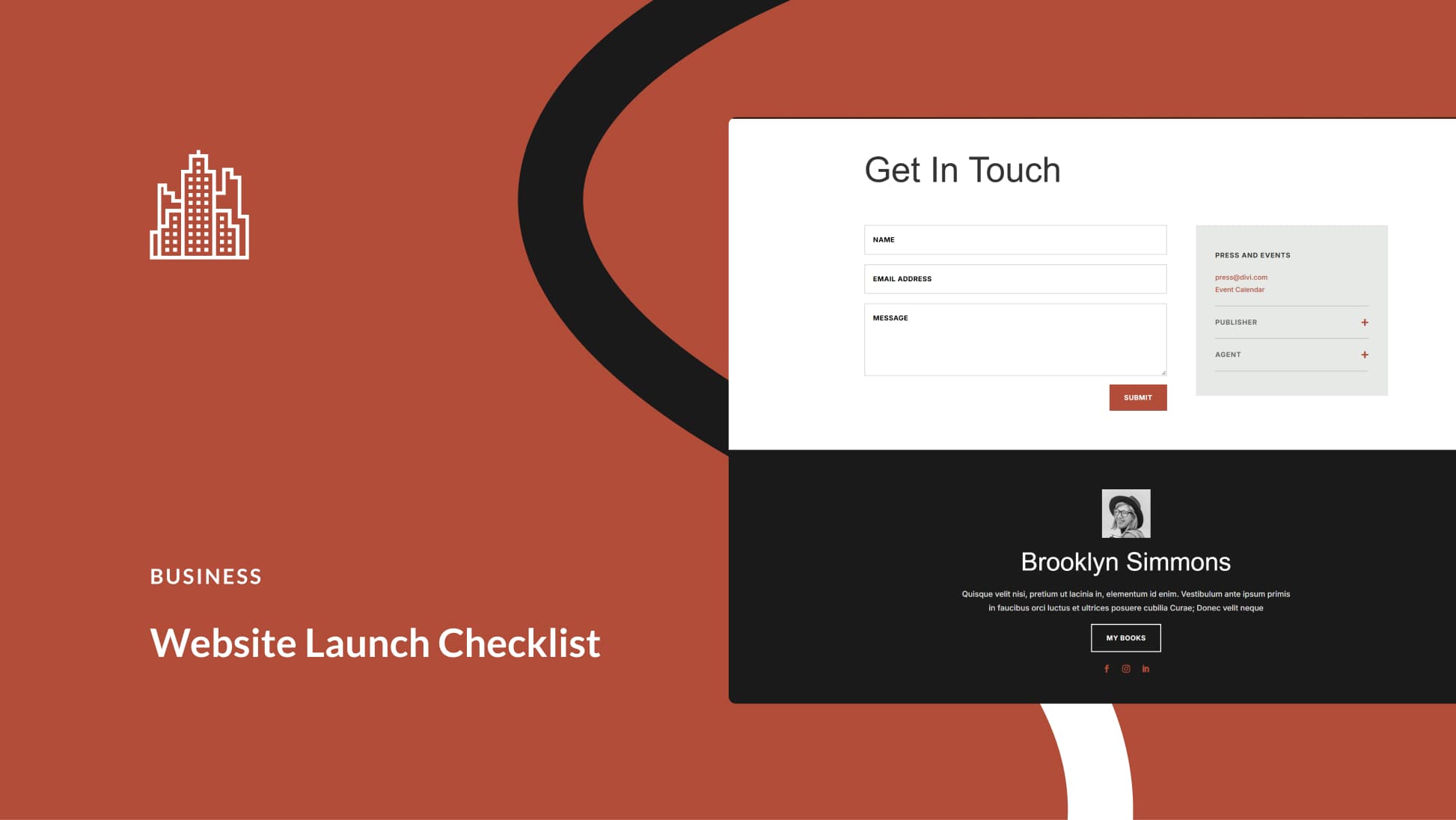Today’s professional isn’t the stuffy, buttoned-up, yawn of a person from the past. For the sake of stereotype-breaking, let’s talk about a different, more modern type of professional. He or she engages employees, clients and colleagues instead of making them check their watch. The ability to catch and keep someone’s attention is important at work as well as in non-work settings. If you’re putting yourself out there as a professional, you should be aware of the vibe you give off.
Become a Good Conversationalist
There are plenty of times in your professional life when you’ll have to make non-work conversation. Team building exercises, work mixers, waiting for the coffee to brew and the start of a business call are opportunities to connect on a personal level. But you still have to exercise a certain amount of professionalism.
If you’re stumped about to what to say once you’re done commenting on the weather, you need a crash course in making interesting conversation. A common question to ask or be asked is, “So, what’s new?” Most of the time, it’s answered with a quick, “Ah, nothing much, you know, same old same old, working hard.”
It’s not that you’re boring, it’s that your recall is poor. You watched a mind-blowing documentary last night and listened to a hilarious podcast this morning. The problem is that you don’t remember either of those things. You were put on the spot and you froze.
On top of being interesting, the topics you discuss have to be appropriate. Unless you work in politics, your feelings about the current president are not appropriate to discuss at work, no matter which way you lean. Even if you develop a casual rapport with your colleagues or clients, you still have to represent the brand at all times.
Choose the Right Topics to Talk About
To kick the stereotype of the boring professional to the curb, what you talk about has to be interesting. Obvious, right? The thing that most people forget is that normal, daily life can be intriguing if it’s framed well. The fact that you got your car washed is not interesting. But if you took your car to a brand new car wash that also serves old school milkshakes, that’s interesting.
Here are three ways to be inquisitive that go beyond, “So, what’s up?” and inspire a conversation that matters. You can also silently ask yourself these questions to come up with talking points:
- What’s been the highlight of your week so far?
- Tell me about your passion projects.
- What are you reading, listening to, watching…?
Everyone has everyday, ordinary stuff going on. If you can share that in a way that’s engaging, you have the chance to be relatable and connect with someone else. By assuming everything in your life is uninteresting, you become uninteresting.
Be Curious in Your Daily Life
Children ask questions you’d never think to ask because they’re looking at things you never notice. They do that by being absorbed in and engaged by what’s happening in front of them. You can do this, too. Don’t wait for something great or weird to happen one day. Ask yourself the questions that will lead to discoveries and, therefore, talking points:
- What’s that building with the cool architecture/monument/historical site right down the road from the office?
- What local attractions have I checked out or could I check out?
- I noticed that that guy does the same thing I do. Why do people do that?
Let yourself chase those little, hopping rabbits of curiosity. When you expand your curiosity, knowledge and life experience, you can jump into any conversation, no matter the topic. You’ll have something to add, even if your experience isn’t in-depth.
When it comes to the topics that you do have a lot of knowledge about, you may find someone who’s as interested as you. Have you ever talked about a true crime story with another true crime head? Or compared craft beer with a craft beer lover? Few conversations are that much fun. They’re relationship-building, even.
Some professionals become boring because their life is so routine. Inject thought-provoking activities into the things you already do. If you read the news every morning, pick articles on topics you usually ignore. Choose a new podcast to listen to on your way to work or try a different cuisine at lunchtime. Break out of your comfort zone even if you can’t break your routine.
Give and Take
Being a professional is especially hard to navigate when you’re in a leadership position. You have to be authoritative, but you don’t want to be overpowering or dismissive. Keep conversations balanced – contribute and then let the other person contribute as well. Talk, then listen.
This makes the other person feel important. When you make other people feel good about themselves, you become more appealing to them. When you ask a question and the other person responds, push it further. Ask “how” and “why” questions to encourage them to talk about themselves more. This works in all sorts of professional settings, whether it’s an after-hours get-together or a meeting with a client.
Pick up on how others are responding, too. Today’s professional doesn’t think, “Well, they’ll have to deal, because this is how I do my job.” They care about what others think of them, especially when it comes to their team members. Pay attention to nonverbal cues that the other person is getting bored or agitated, then take some time to think about a better way to reach them. Everyone has their own communication preferences and styles, and both of you will benefit if you’re adaptable.
Speak Enthusiastically About What Interests You
Doing wild stuff is great and it can lead to exciting conversations. The excitement comes from the delivery, though, not the experience itself. Imagine talking to someone who climbed Mount Everest and they shrug their shoulders and go, “Yeah, I climbed it,” then they stare at you. The topic immediately becomes less interesting than you’d expect.
Being less boring is partially about what you have to talk about, but it’s also about the presentation. When you’re excited about what you’re talking about, the other person will become passionate too, and then that level of energy keeps both of you engaged.
Don’t Try Too Hard
Humor is an excellent skill for a professional to have, but if you try too hard, your desperation will shine through and ruin it. Some people are inherently funny. Others have to force it, and even if they come out with the same line a naturally funny person says, it’s so obviously contrived that it doesn’t land the same way. Instead, be yourself and pay attention to when people react to what you say or do with a laugh or smile. When you can narrow down what’s most amusing about yourself, you can then do that thing more, which will be a natural extension of who you already are.
Wrapping Up
Being a boring professional can get in the way of deals, sales and work events. The key to being interesting is to be interested – there are little treasures to uncover in everyday life. Ordinary things are not boring things.
If you can book a life-changing trip, you’ll definitely have something exciting to discuss. You can also be an everyday adventurer, though, a questioner, discoverer and explorer when you’re home. Curious people are observational and questioning. They wonder out loud, which sparks that same curiosity in others.
Variety in life leads to variety in conversation, new ways to relate to others and creative thinking that gets people excited about work. By being more colorful, you’ll also become more likable and memorable – and a person people want to work for and with.
Make your Twitter bio a little less boring with help from this article: How Having a Cool Bio for Twitter Can Help You Land More Clients.
Featured Image via Nadia Snopek / shutterstock.com









That’s a really useful tip to share as it is common now a days with almost every person. I really appreciate your knowledge and looking forward for some more useful stuff. Kudos!! @ Lindsay Pietroluongo
Thank you for sharing this valuable information.